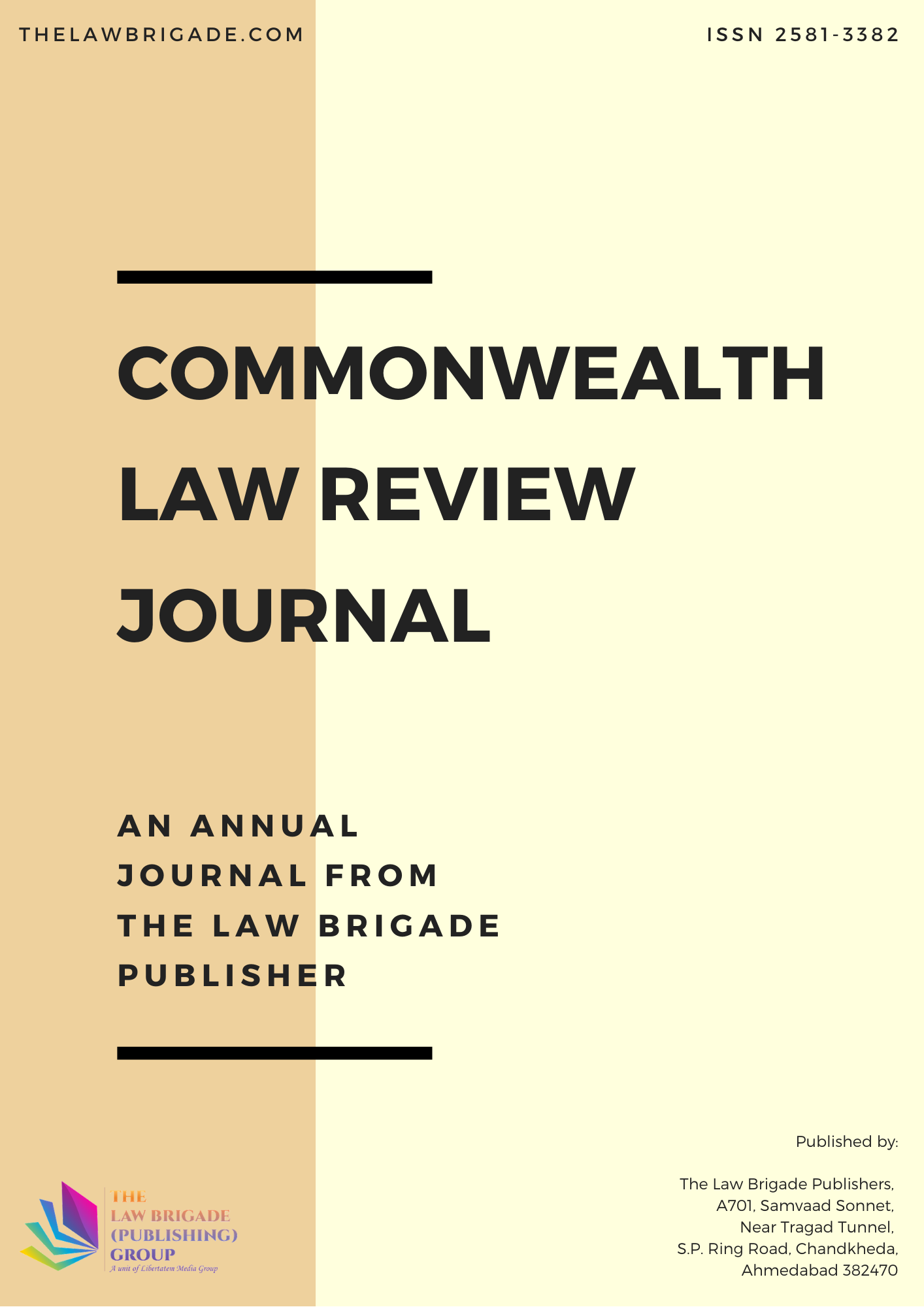Labour has a very important role to an investment enterprise as it plays an important role in the day to day business operations. Where there is labour and investment, Labour law is inevitable. The justification being labour law address the asymmetric relationship between workers and employers. For that purpose, it provides procedural and substantives safeguards. This is possible if employers and the employee’s rights and obligations are very well articulated, protected and guaranteed by an efficient legal framework. To date, Labour law and regulations serves as a vehicle of promoting worker empowerment and protection. It governs employee- management relationships, both individual and collective.
This paper, analyses the influence of labour laws and regulations on foreign investment, taking Tanzania as a case study. Tanzanian labour laws and regulations set standard and requirements of employment that regulate both foreign and domestic employers and employees of domestic and foreign enterprises. The paper considers the fact that, the law sets the number of non-citizens to be employed in a foreign investment enterprise. This is in consideration of the need to hire foreign experts and employees by foreign investors due to failure to find the same with appropriate qualifications from the citizens.
Moreover, the Tanzania’s investment policy among other things holds that, there should be a conducive environment created by the government to attract foreign investment. and, once a foreign investment is admitted, there must be a conducive environment to promote, protect and encourage investment, this includes having laws that lays a fair ground for investor, labour laws and regulations inclusive. However, this is being implemented while pursuing Tanzania economic self-interest.





